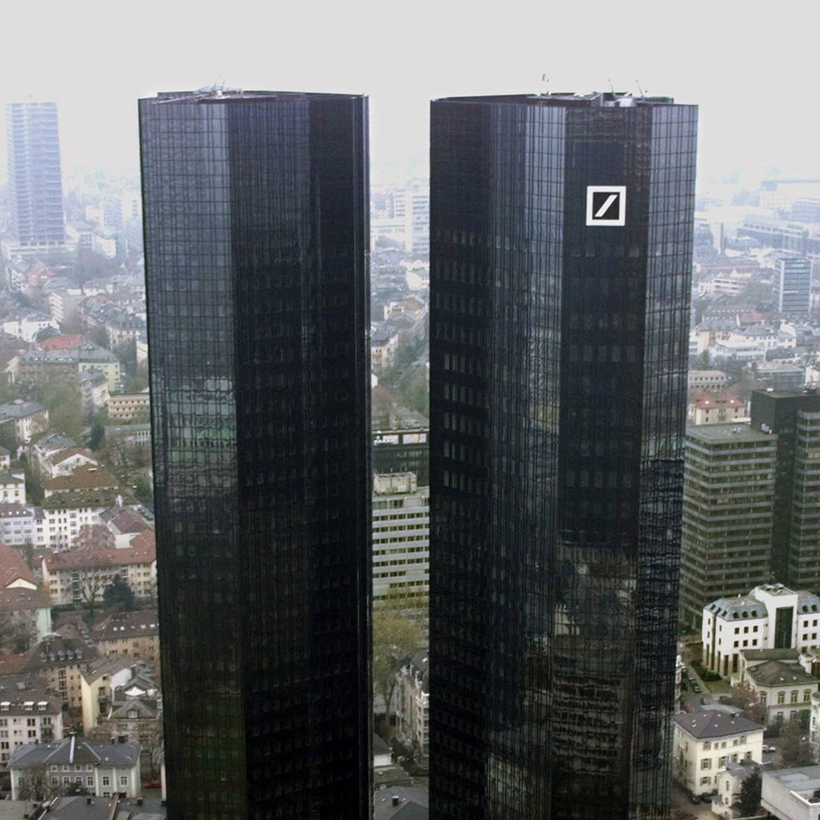“Karma is relentless, and it caught up with Mr. Mitchell,” a former Deutsche Bank executive told me.
The executive, Mike Offit, was referring to the fiery death in 2000 of Edson Mitchell, one of the German bank’s most prominent leaders. Offit and Mitchell had clashed—according to Offit, Mitchell had ousted him for no good reason—and when Mitchell’s small plane crashed into a Maine mountain a few days before Christmas, Offit saw cosmic justice. Nearly two decades later, he was still nursing resentments toward the dead man.


